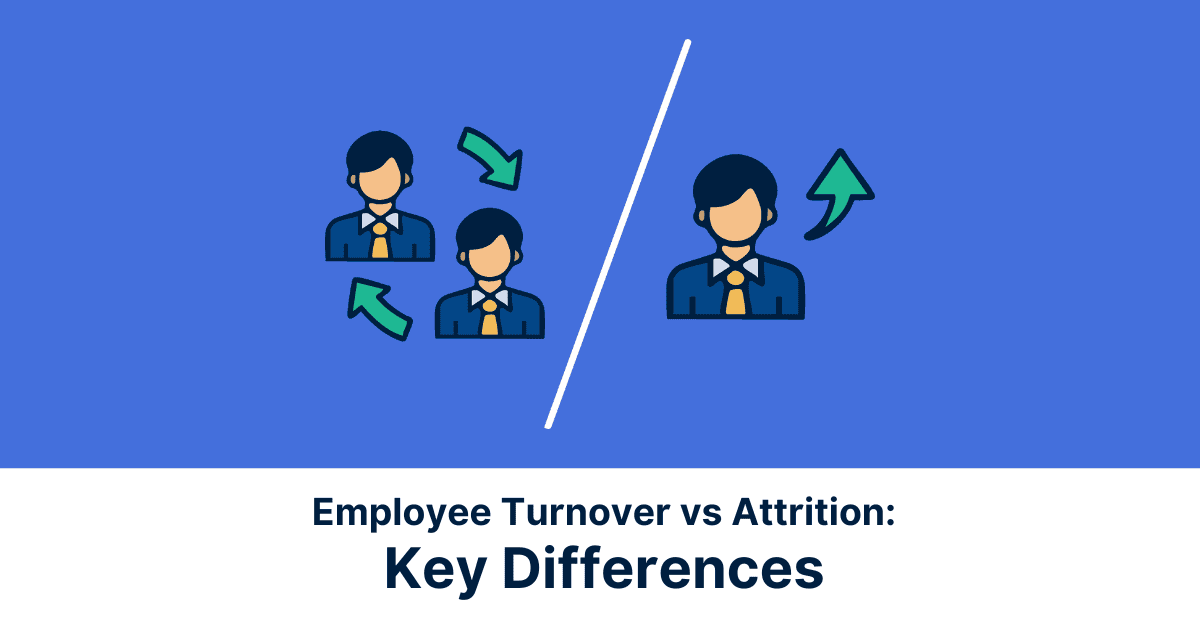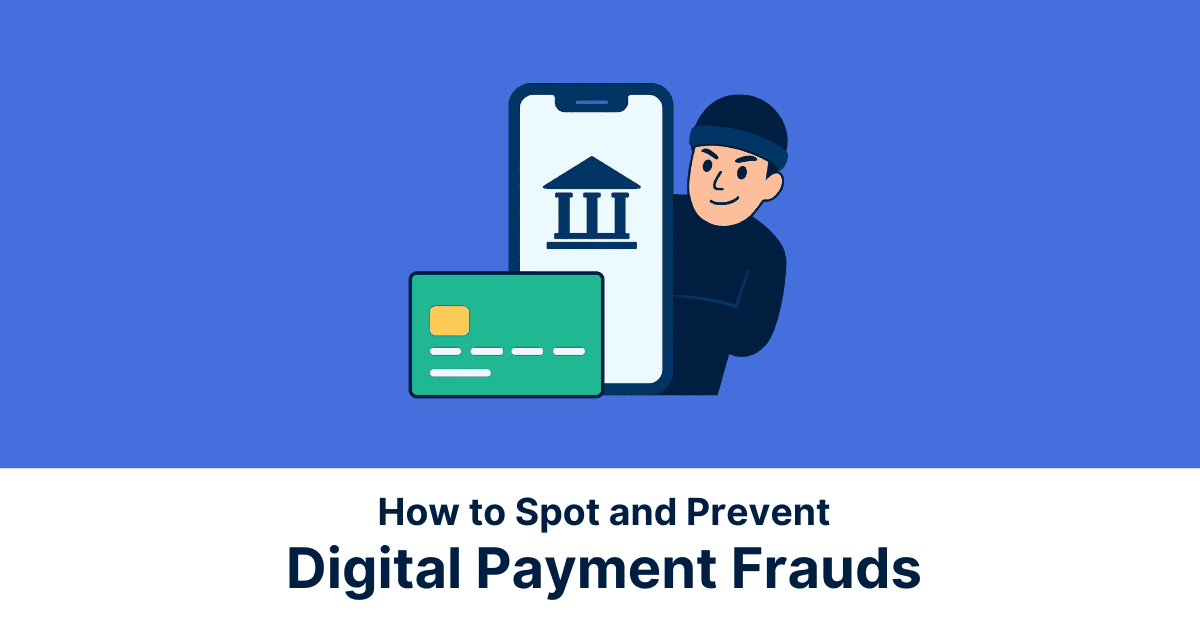In a world where financial stability and security are paramount, mastering the art of money management has never been more critical. Financial planning forms the basis of financial wellness for all, making everyone safe from debt traps and unnecessary borrowing, for which money management forms a stepping stone.
What is Money Management?
Money management, often referred to as the best way to manage money, is a holistic approach to managing your finances. In other words, money management encompasses a range of practices, strategies, and habits that help you effectively handle your finances by laying out detailed plans for income, expenses, savings, investments, and debt with the objective of achieving not only short-term financial goals but also long-term aspirations.
Ideally, with the skill of money management, an individual can lay out a foundational plan on how to manage money wisely. The major crux of handling finances is to be able to find financial stability while building strong financial health for unforeseen rainy days, while enjoying life by keeping your wants in check and managing your finances for essential requirements.
Why is Money Management Important?
Money management is crucial for achieving financial stability and security, ensuring that you can cover your basic needs and avoid financial crises.
1. Debt Reduction
Money management strategies help you pay off debts efficiently, freeing up resources for other financial priorities while preventing further requirements for borrowing.
2. Wealth Building
By saving and investing wisely, you can grow your wealth over time and work towards financial independence.
3. Goal Achievement
Money management enables you to set and achieve financial goals, whether they are short-term (like a vacation) or long-term (like retirement).
4. Peace of Mind
Knowing that you have control over your finances and are prepared for unexpected expenses provides peace of mind and reduces financial stress. Financial stress is one the biggest killers of productivity, money management helps you free up your mental bandwidth in order to help have better quality of life.
5. Retirement Planning
Effective money management is crucial for building a retirement nest egg that will support you during your retirement years.
Easy Tips For Managing Your Money
Finances are hard. And managing money smartly is even harder!
So to make the dreadful question of “how to manage money wisely” as easy as ABC, here are some simple yet effective steps you can implement to improve your money management skills:
1. Create a Budget:
- List your monthly income sources.
- Categorize your expenses, including fixed (rent/mortgage, utilities) and variable (groceries, entertainment).
- Set limits for each expense category. To make it easy for you, there are a few golden rules of budgeting that can help you in creating a framework for a budget customised to you.
- Track your spending regularly to ensure you stay within budget.
2. Build an Emergency Fund
- Aim to save at least three to six months’ worth of living expenses in an easily accessible account. You can achieve this goal by saving around 10-15% of your savings each month consistently, giving you leeway for spending on your needs and wants as well.
- Use this fund only for genuine emergencies. These emergencies can range from medical bills to unexpected car/ two-wheeler repairs.
3. Prioritize Debt Repayment
- List your outstanding debts, including credit cards, loans, and mortgages.
- Allocate extra funds to pay off high-interest debts first, while making minimum payments on others.
- Consider consolidating or refinancing high-interest debt to lower interest rates.
4. Automate Savings and Investments
- Set up automatic transfers to your savings and investment accounts.
- This ensures you save and invest consistently, even before you have a chance to spend the money.
5. Diversify Investments
- Spread your investments across different instruments ranging from mutual funds, SIPs to more modern investment tools such as digital gold, in order to reduce risk.
- Consult with a financial advisor or if your company has a financial wellness partner such as Jify, ask them for financial coaching for sound advice on how to develop an investment strategy aligned with your goals and risk tolerance.
6. Review and Adjust
- Regularly assess your financial situation and make adjustments as needed.
- Update your budget to reflect changes in income, expenses, and financial goals. With every life milestone such as getting married, buying a house, having kids or moving abroad, your plan would need to be adjusted for short-term and long-term changes.
7. Educate Yourself
- Stay informed about personal finance by reading books or articles, and seeking advice from reputable financial sources.
- Consider taking financial literacy courses or workshops. A corporate financial wellness partner such as Jify, ideally offers services such as financial coaching and 1:1 financial guidance. Ask your HR to help you get access to such offerings under your employee benefits.
Common Mistakes in Money Management
One of the most prevalent mistakes in managing money is living beyond one’s means. This occurs when individuals or households consistently spend more than they earn, relying on credit cards or loans to bridge the gap, for they lack fundamental knowledge on how to manage money wisely. This dangerous practice can lead to a cycle of debt, stress, and financial instability.
Living beyond your means often involves impulsive spending, failing to track expenses, and neglecting to create a budget. Here’s a closer look at this common mistake and its consequences:
1. Overspending
When your expenses exceed your income, you often resort to credit cards or loans to make ends meet, accumulating debt in the process. These monetary resources end up resulting in hefty interest payments that drain your finances. Furthermore, relying heavily on credit cards and carrying high balances can result in interest charges that further compound your debt.
2. Neglecting a Budget
Without a budget, you lose control over your spending, making it challenging to manage your money effectively. Additionally, if a proper budgeting system is not in place, one can lead to making frequent impulse purchases on non-essential items, thereby draining your financial resources.
3. Keeping Inadequate Savings
With most of your income going toward debt repayment or overspending due to lack of planning, there’s little left for savings and investments, leaving you vulnerable to unexpected expenses, thereby making you fall down the rabbit hole of financial instability.
Falling into bad money management practices can lead to a lot of anxiety and stress due to the dire state of one’s financial health. In order to achieve sound money management, it’s crucial to break free from these habits and adopt responsible financial practices.
Money Management is a Journey
India is a nation of diverse economic classes. The needs and wants differ, but more importantly, tax brackets differ leading to savings tools looking from precious metals to real estate. Family obligations and life stage are key factors that might define your financial journey, so it is important to keep in mind that the only view to have is of your own journey which is unique to you. There might be certain tips on how to manage money wisely that might work for others but might not be realistic for you, and hence, certain time for trial and error should always be allocated.
While managing your finances is a key step towards a better financial future, it is not a quick-fix solution. It requires brushing up on the basics while dedicatedly adhering to the plan you have laid out for yourself. Keep in mind, your financial journey is a marathon, not a sprint!
*Disclaimer:
The information contained herein is not intended to be a source of advice concerning the material presented, and the information contained in this article does not constitute investment advice. The ideas presented in the article should not be used without first assessing your financial situation or without consulting a financial professional.




















